Note: You can start reading here or anywhere and then go back if you like. See Table of Contents. Come in the middle? Robert is the narrator who discovers after his wife Lena has died that she had a lover, Isaac. Evan is Isaac’s wife. Robert is on a search for how he lost her: He’s creating the story through memory, invention and a search for the truth and his role in what happened.
Evan
Evan opened the door. She came earlier than usual, but then she often did if her patient schedule was slow; she was a psychologist in private practice. Her arrival was not in the least odd.
She placed her parcel, a small paper sack with a handle, on the marble table by the door. She took off her coat and hung it on the brass coat hanger that Lena had always admired. Lena and I had been to this house before as guests at dinner parties, evening fêtes, the graduation of Isaac and Evan’s daughter and then son from high school, the parties when each finished college.
Each time Lena had looked at the brass hanger that was attached to the wall opposite the marble table, she’d wondered out loud where they bought it, how they discovered it. She must have imagined them on antique row in Kensington, a small town in suburban Maryland with one block of shops. She herself went there often to find things for our home. She went there with me.
Evan turned toward the central parlor, said, “Lena,” and looked to Isaac.
He heard the question in her voice, had anticipated it. “We came from the office for a drink, were waiting for you.”
Lena looked at the brass hanger in their foyer and could see Evan with her arm linked in Isaac’s, her head on his shoulder, could see Evan covet the object through a window full of mahogany furniture, the decorative globe at the top of the hanger glinting with light from its place on the wall, how Evan could barely see it from the window, how the light shone on its polished surface.
This was where Isaac hung his baseball cap, the blue and khaki cap that covered the brass now, hid its sheen.
This made her think of the Hebrew word nachash—translated so many ways in the Bible: its root, like brass, but in the text she’d found enchanter, serpent, and in her searches, associations to the vagina, the part of her body Isaac and I had seen, that, when she lay naked, she didn’t see.
Evan was here and Lena was drifting the way she did when she was in her office, working on the exhibit of the Scrolls. She knew she drifted oddly, inappropriately, that she willed herself away with thought. She’d find herself reading a psalm that the originators of the moving exhibit hadn’t included or studying a Greek translation versus a Hebrew one. She’d memorize a passage or try to discern why one word could be translated so differently and would end up daydreaming with poetry humming like old love songs in her head.
Evan said again, “Lena?”
Lena heard her name in the insistent sound of the question and realized she must speak. “Yes,” Lena said, “a drink. How are you, Evan?” She waited for Evan to accuse her.
It was odd that she was here. She tried to think straight, but thinking was her way of disappearing.
I recall the office get together we’d attended when we’d ended up standing to the side, watching the younger women who gravitated to Isaac—he had many women colleagues. “Have you noticed how we seem to disappear after we turn forty?” Evan had said while we observed a young ingénue who appeared transfixed by him. “Disappearing. Funny you should mention it,” Lena had said.
That comment lingers with me now.
Evan had continued talking about a novel—or was it an essay? she’d read about a fit, gray-haired woman who walked down a New York street past a construction site where workmen regularly cat-called to passing women but never to her. Then one day she took the same walk with a fine silk scarf, tied à la Grace Kelly or Jackie O., covering her hair and chicly fastened under the chin and in the back and heard whistles from the workmen on the beams above her.
When Lena was working on the Biblical Manuscripts exhibit that’s part of the Freer’s small permanent collection and the reason she got the job on the Scrolls exhibit, Evan had come, stopped by her office and asked if she might have time to walk her around. Lena told me she hadn’t seen a way to refuse because she was too busy.
I now know that wasn’t the reason.
They’d stood in front of the old parchment and papyrus while Lena talked about Freer’s unusual decision to purchase the Biblical manuscripts without a full understanding of their worth. “Unlike most of the other stuff he put his money into,” she’d said. With this, Evan moved inexorably off the superficial at hand and slightly askance, Lena told me, to what mattered. “Funny, don’t you think?” Evan had said. “We step outside the proverbial box, take some sort of risk—doesn’t really matter how big—and everything changes.” “Like dominoes falling in a row,” said Lena.
All her coffees with Isaac must have lined up in a daydream with Evan ready to knock one over.
“I don’t know,” Evan said. “When you set them up right, they fall the way you think they will. I’m talking about messy stuff, life stuff. That kind of change.”
I see cups haphazardly spill onto one of Lena’s fine linen cloths that her mother had given her.
Now Evan dug in the parcel. “I have homemade pretzels and Gruyère cheese. I was walking through Fresh Fields and they were baking the pretzels—like the ones at the ballgame, Isaac. I couldn’t help myself. I bought two, but they’re so fattening, big and soft. Let’s share them and then the two of you can tell me what’s bothering you.”
“Bothering us?” said Isaac.
Of course, Evan would think they’d had a problem: the need for the drink, the oddity of the visit, the fact that he didn’t call.
He said, “Vodka?”
“Vodka and pretzels and cheese. Quirky and elegant. What do you think, Lena?”
Lena didn’t answer—she was struck dumb by the way this was going: congenial, hardly what she deserved. As usual, Evan was kind. She was the perfect hostess, the perfect mother, the perfect wife.
How could Lena have understood Isaac’s betrayal? She would try again to think straight. She would think, Evan should suspect me. But we’ve been discreet, exceedingly so, until today, and even today isn’t so odd. It was the intrusion Evan might object to—an intrusion she wouldn’t fully understand, an inconvenience, an unexpected guest. Yes, she was thinking straight and all that did was give her a tidy little package of self-serving reasoning.
“How frivolous we are,” Evan said. “Old codgers, drinking so early in the afternoon. What time is it?” She glanced at her watch, said, “Barely 5:30” and went to the kitchen.
And again, Isaac heard that question in her voice. Evan must wonder. It is too early for them to be here together. He must give some explanation. And he must get them out of here. For the obvious reasons, of course.
But he also had another appointment, the way he liked to think of it because he’d arranged to have a drink with Karen, a former lover. It wasn’t as if he’d planned it this way. But Karen had called. He’d figured he might not even show up, call her later, make some excuse. Now he wanted to get away, he wanted to keep the appointment.
I know about Karen because Isaac and I were in play while Lena died, the hunter and the hunted, each imagining the other. I began to follow him, after that gesture, his hand on her head while she lay in a sickbed, struck down. Here’s what I witnessed on one of my forays: Isaac with another woman—not Evan, not Lena—and so, Karen joins us here.
***
Evan came from the kitchen with the cheese and crackers, bright yellow mustard in a Royal Worcester china ramekin. The large pretzels in a big linen napkin, lay inside a basket. Lena saw how the napkin had colored, darkened with the yellow-brown butter that gave a delicious sheen to the salted pretzels, how Evan had not used paper, more practical, but had chosen this fine napkin for this indulgent snack, the sort of thing Evan would do: make the silly elegant; choose indulgence over practicality. And Lena slipped away: I was zealous for pleasure without pause—from one of the Scroll’s psalms, one not part of the canon and that wouldn’t appear in the exhibit and that kept humming in her head.
Lena, the woman with the songs of the Bible in her purse.
“Isaac, you haven’t gotten out the vodka or the glasses?” Evan said. “Aren’t we going to have a drink?”
He’d behaved oddly and knew it. He’d sat and waited when he should have done what was needed, what he always did when they had guests. If he was to avoid Evan’s questions, he must behave as if he and Evan were entertaining Lena. He got up but didn’t move toward the cabinet near the dining room where the glasses and liquor were kept. But, at least he was standing. He’d do it. “Yes,” he said and stood there, still.
“Let’s get some flowers from the garden, Lena,” Evan suggested. “Isaac, vodka and orange juice? Lena, for you?”
“Flowers, yes. I’ve never seen your gardens.” Lena didn’t answer the question about the drink. She knew Isaac would give her vodka straight up, the way she liked it, the way they took it when they were alone.
The way she took her vodka with me.
She wanted to go into the garden. The house parties had been in the evening when the garden was open for cocktails, but soon obscured by dusk. She wanted to see if Evan had planted roses. What kind? She was sure there’d be roses. Abraham Darbys? Fair Biancas?
They walked through the kitchen, where Lena saw meat in its clear wrapper, poultry of some sort. What would Evan, the gourmet cook, prepare for dinner tonight?
“Come. Isaac’s vegetable garden. He tilled it last weekend.” She walked quickly, past the fresh dirt, past the hammock that hung between two large old oaks, past a round wood table and chairs, where they finish their wine after dinner. “And here’s my garden.” She went to an evergreen of some sort, cut a few branches with an efficient garden tool. She had a canvas bag that held her tools.
The stems were reddish. Lena saw green berries. What are they? Would Evan ask her to stay for dinner? Should she?
“Juniper. Smell,” Evan said. “But the berries won’t be ready until fall. I’ll place a few on the plate with the duck. I have berries I’ve dried. Will you stay? Then you can tell me what’s wrong.”
And so, Evan answered the unasked questions and posed the problem. Lena took a sprig of the offered stem, breathed spice, pine. “So, this is juniper,” she said. With the berries near her nose, she dreamily slipped into another psalm, said to herself in sing-song manner (she didn’t think she’d actually said it), “Coals of broom and woe is me,” and then turned and wandered among Evan’s herbs.
“I thought there was something, just knew it. Oh, I could tell when I saw you here, could see it. But I don’t want to pry. Oh, that’s not so. I do want to know what’s going on. I’m sorry. You don’t have to tell me.”
Goodness. What had she said?
“What do you mean?”
“I think you said— Oh, I don’t know. Maybe I misheard you.”
I am losing it, she thought.
Madness was her fear. She often spoke to me about that. Someone in her father’s family had gone mad. I think it was an aunt or uncle I’d never met. But Lena was far from mad. I was the one who was mad, angry-mad. The uncaring husband. The way I now see I must have seemed to her.
“It’s those berries. They made me think of a psalm—all about hot coals of juniper or broom.”
Deliver me. Did she say that out loud?
She often said that. She’d shrug the words off when she’d say that to me, as if slightly chilled. She would hesitate, take that beat I never knew to take before I spoke.
That’s all Evan needs, she would have thought, me praying. Could she do this, talk with Evan? “I’ve never seen the berry—and broom? That’s what the shrub’s called?”
“I love these berries. I don’t know anything about shrubs. But I guess we could look it up in one of my garden books, see if they’re the same plant. So how’s it going with the exhibit? It opens pretty soon, doesn’t it? You must be under the gun.”
“You know it’s in Chicago.”
“I should remind Jason to go take a look.”
Jason is Isaac and Evan’s oldest child who’d graduated from the University of Chicago. Lena had told me that Isaac said, “He would’ve been better off at one of the Big Ten schools where he’d have spent more time at basketball games worth watching.” Jason ended up selling khaki pants and t-shirts during the day and painting in watercolors and oils at night in his tiny apartment in Hyde Park. Lena told me Isaac had said, “Why, he can’t even move away from campus. I think he’s stuck.”
“I guess you’ve seen the exhibit, Lena. You’d have to, right?”
“At some point I suppose I should. But then I think, why bother? I’ll see it soon enough. I’m not doing that much, and it’s a done deal, pretty much, but I get time to play around with the texts, read them, study them. It’s been good, and I’ve gotten a little obsessed over it all. My mind wanders. Maybe if I went—I don’t know. Probably I don’t have enough to do.”
The truth and a half-truth.
“I’ve got plenty to do,” Evan said, “but most days it all seems pretty useless. People keep coming back. Nobody seems to get better. I’m beginning to think I give more comfort than cure. Not such a bad thing but not what I expected. I feel like an old broom—cleaning up, moving around the messes in people’s heads, never sure if that’s all I’m doing.
I shove one pile into a corner and nothing gets straightened out. Like the old broom I keep in the kitchen pantry. I grab it out of habit and the dust goes flying. I should have thrown it out years ago. But I hang onto it as if it’s some sort of family heirloom because I bought it when we got married. Makes no sense. But these berries. Now they seem to make sense. I spend enough time drying them, buying little bottles I like. Silly stuff. And I can get them in Fresh Fields. That’s me, silly sallying in my valley, dilly dallying.”
Lena didn’t think Evan silly, Evan, so good at everything. The garden, full of herbs. Lavender by the fence, a carpet of thyme. A stand of lacey fennel centered in a plot of grass. A circle of blooming violets around the tall herb, newly planted, not yet full. The garden was fragrant. And then the shrub roses, not the lush, extravagant, pale roses Lena had dreamed of, but small red ones in a border at the edge of the garden.
Evan cut some, along with baby’s breath, poppies, growing to the side of the herbs. And Evan’s extravagance, not in flowers, but in flavorings for food.
She stood in front of Lena ready to go in with her hands full of herbs and flowers. “Has Isaac confided in you? I know something’s wrong.”
“Wrong?”
“Oh, maybe it’s me.”
“No,” said Lena.
“He says I don’t understand his work, that I don’t listen well—something like that, something about the way I listen—what I do all day.”
And here Lena stood, not at some function or in the museum where she could slip away or plead the need to go back to work as she did that day at the Freer. She would want to disappear, fear she’d slip again into the musings that took her away—and now not safely away. She must go, get out of their house, must say something.
“Perhaps it’s that case—the baby’s bones found in the attic? It’s not you, Evan. How could it be you?”
And now she’d done it—brought up the case that had been troubling her. She’d told me about it.
Now I recall how much she talked about it.
But she often talked of Isaac as they worked together in some way I never fully understood. She asked me if I’d read about it in the paper as I keep closer tabs on the Metro section. She told me he’d said, “I’m working with the police. Ain’t that a hoot. Almost as good as that mummified cowboy.” That project got him into her life—that cowboy, that mummy.
The events around that case were a story he liked to tell at social gatherings—at his and Evan’s parties. He was tired of academia, his work at the University of Maryland, wanted his hand back in the action, the way he’d started after college, studying bones to figure out how someone died, helping to solve some seemingly unsolvable case. He liked finding the answers. That case of the cowboy found in an iron coffin over a hundred years old in Tennessee was such an oddity that John, his old school pal had asked him and another colleague, who came all the way from Oklahoma, to come over to the lab at the Museum of Natural History when the coffin arrived for the delicate opening, examination of a virtually mummified corpse. The guy had died with his boots on—straight out of a western movie. It was good science with an angle that made the papers. That’s how the ball got rolling, his decision to take a leave from the college and work for the Smithsonian.
Since then he and Lena had been working one grassy walk away from one another, thrown together now and then on the occasional project for some five years. She’d call to ask a question about DNA analysis of skeletal remains and of the parchment itself for something she was writing for the Scrolls brochure. Access to one another bore the easy mantle of a professional relationship. And they saw each other socially so we’d come to know Evan as well.
And then, the baby pillow brought me to Evan, Isaac’s wife, and bound us, me and Evan, in an unlikely partnership I could never have imagined.
Here’s what happened: Soon after I walked into Lena’s sick room, saw the way Isaac brushed the hair from her forehead, the pillow appeared. Lena held it under her breast. Lena told me Evan had given it to her.
It was the baby pillow, Evan’s gift, that did it—I see that now—that opened the story: Lena’s story, Isaac and Lena’s story, Evan’s story, and mine.
So back to it: We’re in the garden—where Isaac will build Evan’s greenhouse—or will it be Isaac’s?—right where the two women are now standing, chatting like old friends.
“Yeah, that’s an odd one. Three old women.” Evan would take Lena’s arm. “But they’re all dead, right? So it’s not much of a case. After the kick of talking things over with the cops—You know, ‘Well, whaddya think, Doc?’—I think it’s pretty much routine for him. Come on. Stay for dinner?”
“We could guess what happened.” That’s what she’d done, ever since Isaac had told her, tried to guess.
“Quite a story,” Evan said, “when you start thinking about it. He hasn’t said much about it. But it doesn’t take much speculation to come up with something. Three old maids, sisters, he said, and then there’s a baby. We’ll ask him how it’s going at dinner. And if you’re right that something’s on his mind—”
Lena interrupted, “Sure, but you know what must have happened.”
“Yeah, so long ago? Has to be the old out-of-wedlock story.”
“And what’s your take on that?”
“You mean which of the old maids?”
Lena didn’t know what she meant. “I guess, sure.”
“Well, it would have been the youngest, don’t you think, the pretty one, who got pregnant? Maybe she lost the baby and they had to hide it or worse—maybe the older ones forced some awful late-term miscarriage on her or she did it to herself. Golly, it’s kind of morbid when you think about it.”
Lena knelt, held the petals of a poppy in her hand, and the petals dropped off, onto the ground. “The way a blossom drops.” She’d drifted into the psalm she’d taken to heart from the Scrolls.
“I love the way you put that.”
And again, she wondered what she’d said. “I’m not making any sense.”
“Of course you are.”
“No. I should go. I’m distracted. Your flowers, they’re so lovely.”
“Lena, I’m sappy like a school girl about them. The petals fall and I get weepy over them and think about when I was young, picking flowers, playing the ‘he-loves-me-loves-me-not’ game.”
“When we were young and foolish and full of hope.”
“Yeah, exactly.”
“And we made wishes with petals, on stars.” Lena saw a field of flowers and colors, greens and browns and reds and yellows, fallen petals, leaves. Lost in colors and wordplay: ripening grapes, fallen. Dreamed and forgotten. Chicanery and shame. She said, “And then we wake like from a dream and something’s missing.”
“Because we can’t quite remember.”
“Yes, I guess.”
She often told me her dreams full of light, water, sun. Here’s one I can’t forget. She’d been searching for her white shorts that she thought fit and made her still look fit, not old, the way she felt at times. She searched in a yellow wood armoire and then a bureau, finding the small ironing board that was her mother’s, a sleeve board that her mother used when she sewed. Her mother had had it so long she’d had to recover it with a new piece of cloth and even that piece had dulled with years of pressing seams and basted cuffs. Yet when Lena woke, she was sure the dream was about sun and sea but couldn’t remember, as if the pleasure slid away with the morning light and all that remained was a sleeve board out of context.
*
“Come in,” Evan said. “I’ll cook.”
“Oh, I have to get home. I can’t stay.”
They went in and Evan stopped in the kitchen to arrange the flowers she’d gathered as evening came, red poppies, delicate like Lena’s thin arms and hands.
Evan is larger than Lena was, taller and shapelier, full-bosomed. Her long dark hair is often pulled back from her face, golden from her work in the garden. Again, she took Lena’s arm, the arm of the woman who was her husband’s lover. Nothing about Evan’s shape, the soft round of her shoulders when she bent to cut her stems, reminds me of fire.
Lena went to find Isaac, who now had glasses and ice, the bottle of vodka, orange juice. He handed Lena her vodka, no rocks, as she knew he would.
Lena said, “Here’s a quote for you: ‘She came to me in her beauty’ ”
From that psalm she’d memorized, the one that’s not in the Bible, but in the Scrolls, translated by a scholar who’d had the task of reading the fragile pages, of deciphering passages, piecing fragments together, its longing, hidden in the Qumram caves. Hidden, like the two of them—on the brink of disaster.
In the dusk and then the dark, fireflies flash their tails. Male fireflies control this flash of light to signal their desire; females flash their willingness. It’s a cold light, no heat, the result of a chemical inside them: Luciferin. Their taste to predators is bitter. Some say that frogs who eat too many of them may also glow. I’ve wondered how the frogs consume the bitter taste. Why aren’t they warned off with the first bite?
I watch them, Lena and Isaac, with a bitter taste in my mouth.
They sat down in their same places and waited for Evan. He said, “We’re like those figures in that print in your living room. Stuck.”
He dislikes it, a museum print of Matisse’s Pianist and Checker Players—the flatness of the perspective, the way the woman at the piano and the men in striped jackets seemed to him to be part of the wallpaper. Isaac and Evan had been in my house the way we’d been in theirs. Though we entertained less, we did include them in the occasional holiday fête. He said that when he was still dabbling in watercolors and oils, he realized “People in paintings can’t move, go forward or backward, to the side. They’re stilled in the frame.”
Did he walk with her through our darkened house on a sun-struck afternoon while I was at work, another brief irrational moment, when they’d entered her house, my house?
I can hear him say while she’d stood by him, followed his gaze, “You can’t hear the music. It’s all so flat.”
Whenever she’d stopped before it, did she recall his brief comment and then his silence? The painting must have reminded her of him, the erotic red that fills the wallpaper, that covers the floor with the Persian rug, the pale yellow of the woman’s dress, the woman who plays the piano.
Isaac knew she loved the painting, liked its flat perspective. In this same way without full perspective, she must have accepted what he told her: We can never be, not knowing that he didn’t believe it.
Now in his house with his wife, Lena handed her glass back to him. “I don’t want a drink.” She looked outside at the sun setting over Evan’s garden.
Did the pale rouge that lay on the clouds make her think of him, of his mouth breathless to her and their kiss, rouge et noir, the inside of him. He saw this when he kissed her, when he kissed the mouth between her legs when he looked the way she looked, boldly, when she took his penis in her mouth and let it go to see the color rise up on the ridge and the rim, when she saw the tiny mouth that seemed to weep with his wanting her. This was how she would have known on a bed of coarse hotel sheets what the feel was of sun on clouds—the silk of the tip of him above her—though she knew you can’t feel color.
The clouds roll outside my window, mound softly into breasts, her breasts when she leaned above me in that moment when I looked, before I touched, when I rose to her, when she came to me without being.
And there she was in his house where she didn’t belong.
She said, “She’s going to make you quite a dinner, but I guess you’re used to that.”
“I grow stuff.”
“A non sequitur? That’s how you answer me?”
“Why would you say that, my darling of the non sequitur?”
“We’re not stuck,” she said.
“A non sequitur. Another, m’dear?”
“You forget that you brought the painting up?”
“You forget that my memory’s bad?”
At this she laughed and said, “I thought I’d lost my sense of humor.”
When he’d stood before the Matisse, on that shining day inside my house where they didn’t belong, when she’d walked to the kitchen through the darkened dining room to get him some water, while she thought he was looking again at its stilled perspective, he must have said something trite, something like this: “I could see the light in the triangle between your legs. And I wanted you.”
Here’s how I imagine the tryst at a hotel. How many times did they go to hotels?
He’d have taken her to a Hyatt, driven, desperate for a room for an hour, two, as much as they could spare without being missed where they belonged.
They didn’t speak of love.
After I’d been with her, inside her, she’d asked me once, “Am I evil?”
“Why do you ask that?”
She would have said it to him. She would have said, “Because I can do this, can’t not.”
And he’d have said simply, “No.”
We both know the answer was ‘no.’ She was not evil.
She said now there in his house with his wife Evan, “Here’s another quote for you: ‘From my young manhood have I known her,’ ” the reprimand she deserved.
“Who?” he said.
“Evan.” When she spoke the name of her lover’s wife, she thought, This is the sound of the inevitable.
At the sound of the name of his wife from his lover’s voice, Isaac heard the pins inside a lock though no one turned a key.
Next: The Tabard Inn: Chapter Six
Table of Contents
If you want to read the prose sections on you phone, I added the prose in sections Evan, prose 2, prose 3, prose 4, prose 5 (see Table of Contents) or simply move on in the prose sections. With The Tabard Inn: Chapter Six: full audio and pose will follow for each chapter, as separating the prose made navigation unwieldy—we do learn as we go here.
Love,


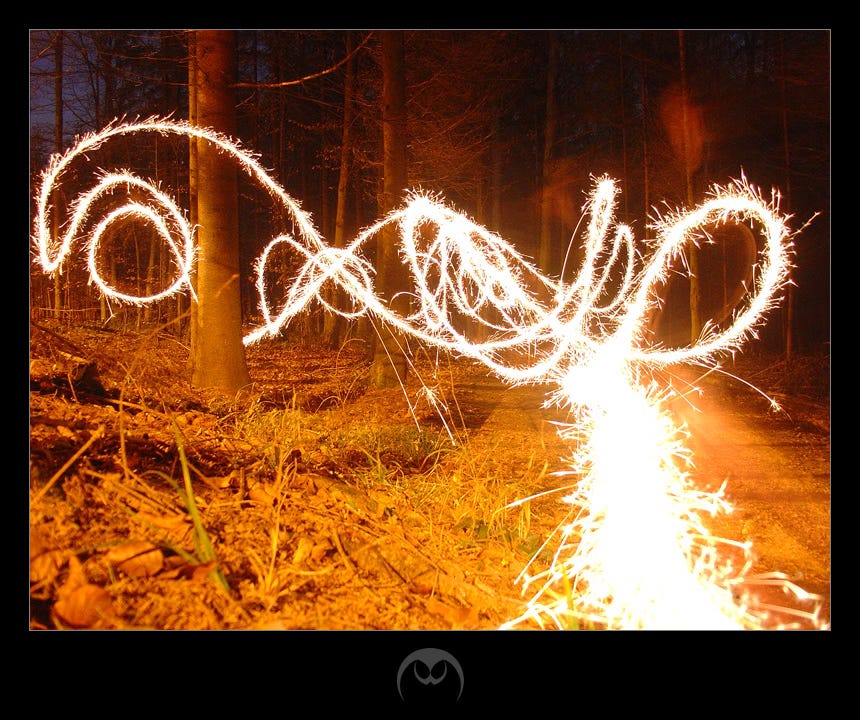

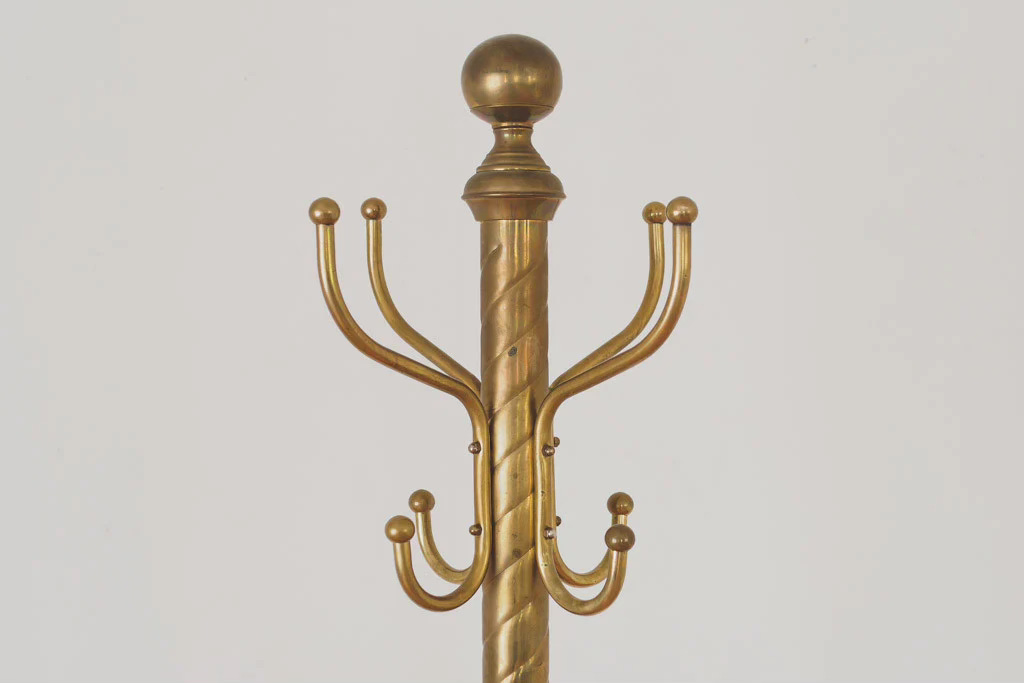


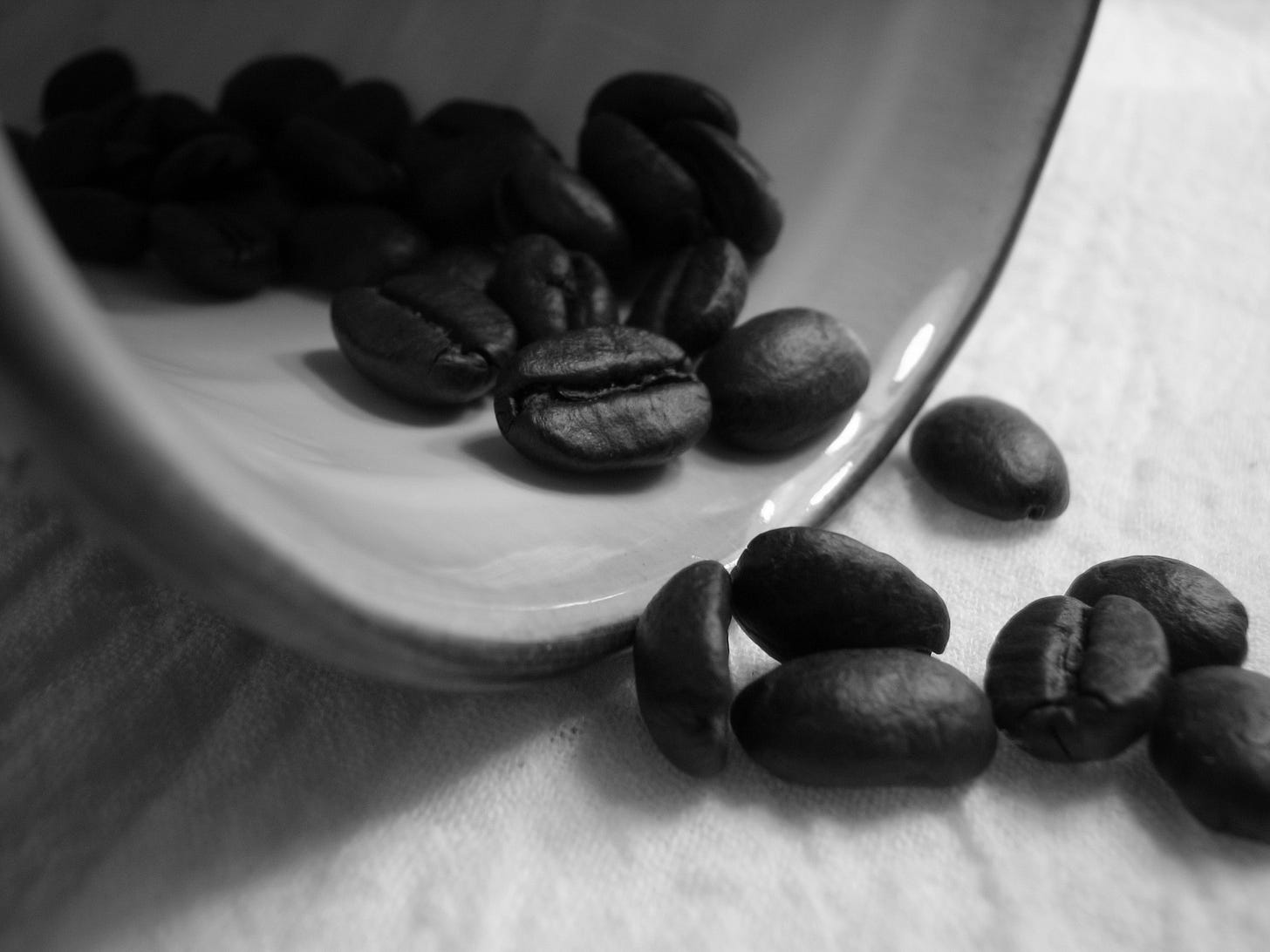








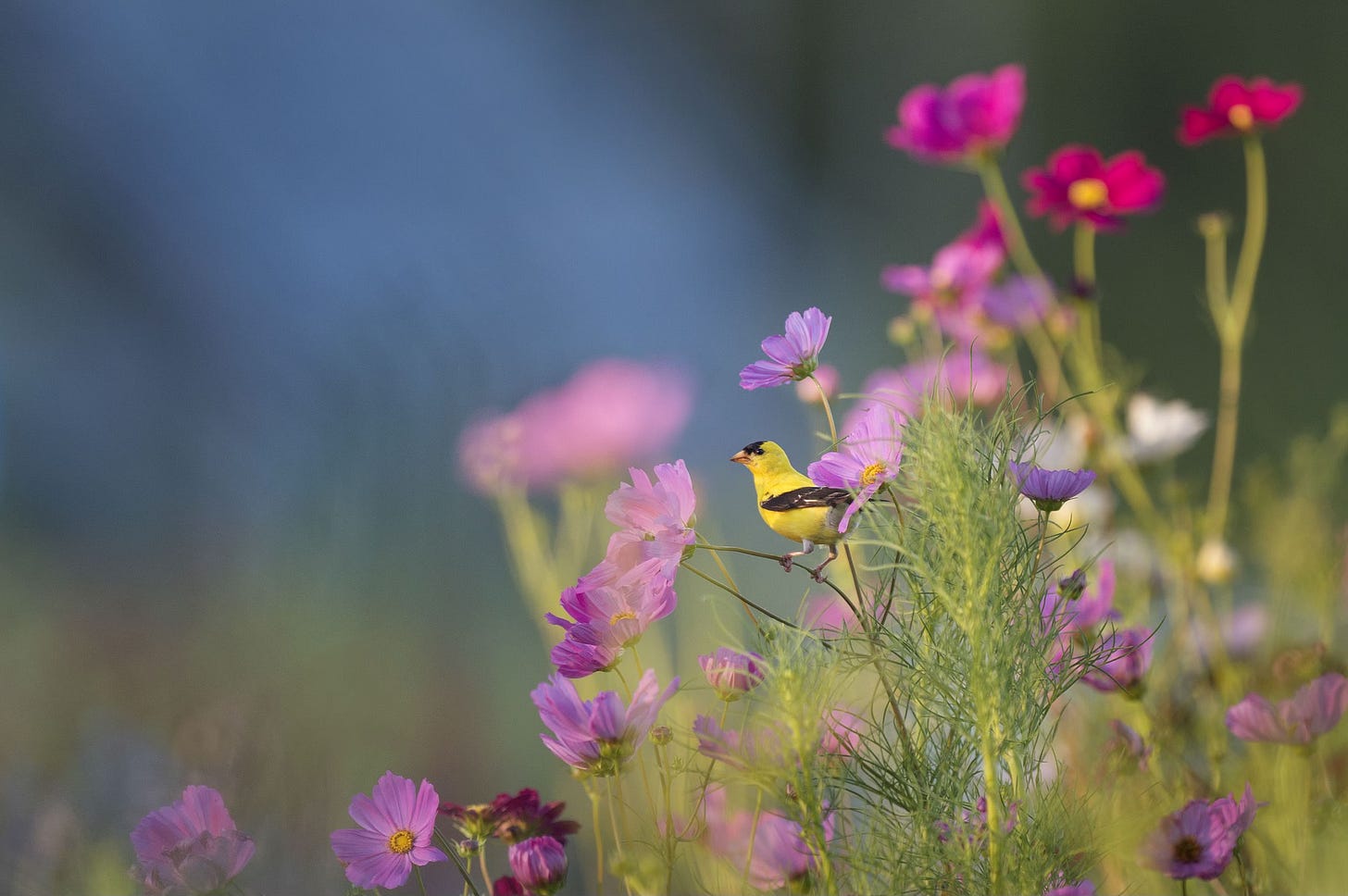





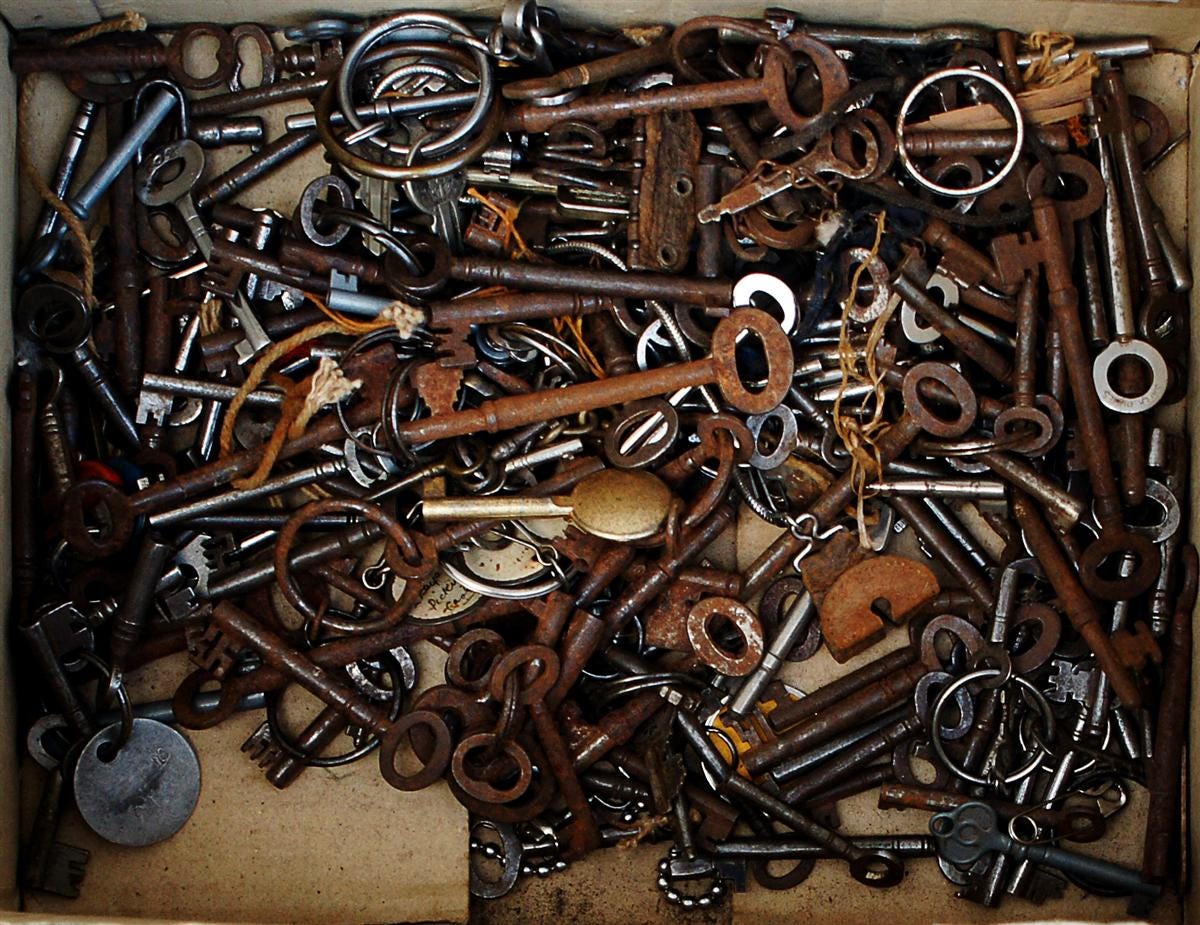

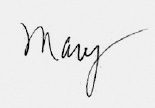
What hits me here -- and I haven't seen in comments -- is how you build suspense, like Hitchcock, but different. You do the set-up, then retreat into the minds of the protagonists, letting the suspense build and providing layers and context, even sometimes much removed from the present action. Not sure how you accomplish this so seamlessly, but it really works. Now must move on to the next...
Wow! Another fantastic chapter. I’m saving this in my examples of great writing about sex. It can be a hard thing to do, and you managed steamy and real and absorbing, all while driving both plot and character. Can’t wait for the next installation.